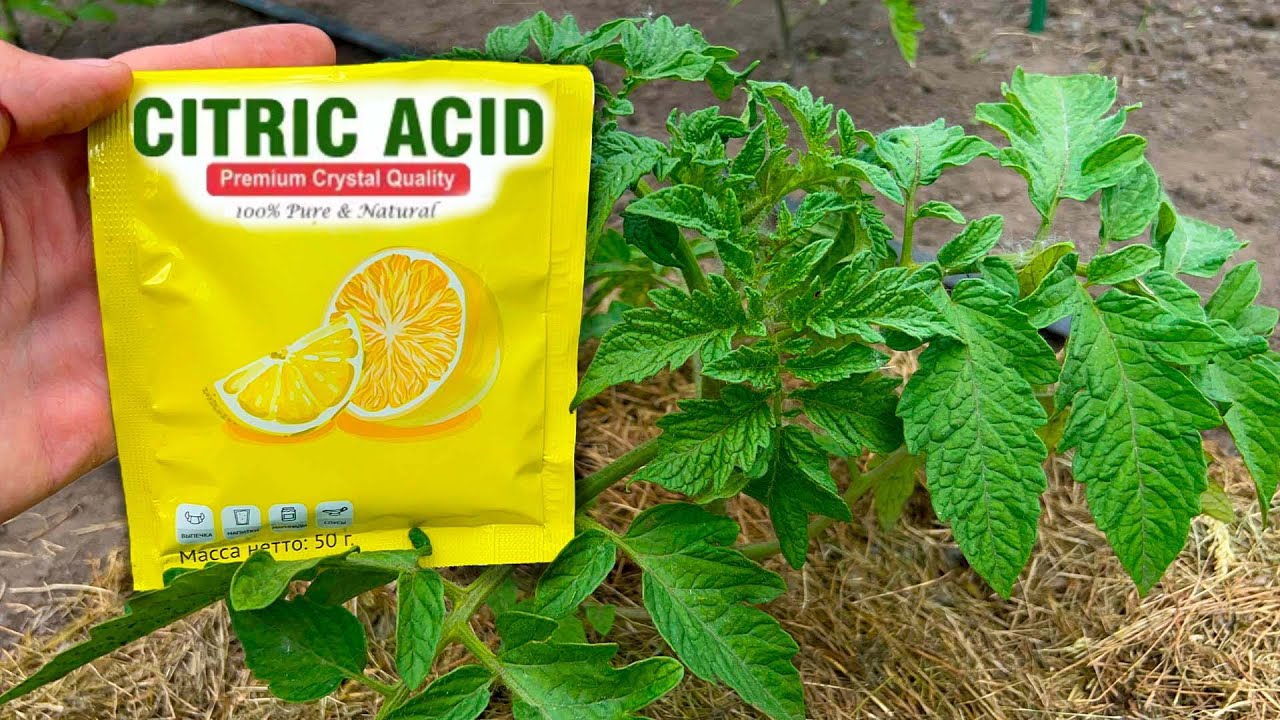In the world of gardening, finding natural and effective solutions is key to cultivating healthy plants and achieving bountiful harvests. Citric acid, a naturally occurring compound found in citrus fruits, is one such solution that is gaining attention for its remarkable benefits in the garden. While commonly used in kitchens, citric acid is also an invaluable tool for gardeners looking to promote plant growth, enhance fruiting, and improve soil health.
The Science Behind Citric Acid as a Fertilizer
Citric acid offers several benefits, both for plants and for the soil’s ecosystem. One of its most important functions is acting as a chelating agent. This means it helps break down nutrients that are normally inaccessible to plants, transforming them into forms that can be easily absorbed. Key nutrients like phosphorus and calcium, which are essential for healthy plant growth, are significantly more available to plants when citric acid is present in the soil.
- Phosphorus is vital for energy transfer within plants and plays a central role in DNA production. Without adequate phosphorus, plants struggle to grow and can experience stunted development.
- Calcium is crucial for the development of strong cell walls, preventing issues such as fruit rot, particularly in crops like tomatoes and cucumbers.
By ensuring these nutrients are more readily available, citric acid helps prevent deficiencies that can lead to weakened plants and increased vulnerability to diseases and pests.

Practical Application in Gardening
Using citric acid in the garden is simple and can have a powerful effect on plant health. Here’s a straightforward guide to incorporating citric acid into your gardening routine:
- Preparation: Dissolve one tablespoon of citric acid in 10 liters of warm water. This concentration is safe and effective for most garden plants.
- Application: Water your plants with this solution, applying about half a liter to one liter per plant. The amount may vary depending on the plant’s size and age.
- Frequency: Apply the solution every 1 to 3 weeks to maintain consistent nutrient availability and promote healthy plant growth.
This treatment helps ensure that your plants are getting the nutrients they need, contributing to vibrant growth and improved fruit production.
Benefits of Using Citric Acid in the Garden
- Enhanced Nutrient Absorption: Citric acid helps plants access key nutrients like phosphorus and calcium, improving overall plant health.
- Improved Soil Health: By nourishing soil microflora, citric acid contributes to a balanced and healthy soil ecosystem, which benefits both plants and the surrounding environment.
- Stimulated Plant Growth: Citric acid encourages robust plant growth by boosting metabolic processes and improving nutrient uptake.
- Eco-Friendly: As a natural compound, citric acid is an environmentally friendly alternative to synthetic fertilizers, making it a great choice for sustainable gardening.
Incorporating citric acid into your gardening routine can lead to healthier plants, better soil, and more abundant harvests. Whether you’re tending to a small kitchen garden or managing a larger space, citric acid offers an easy, cost-effective, and environmentally friendly way to boost your garden’s productivity and health. Make citric acid a part of your gardening toolkit and watch your plants thrive.
